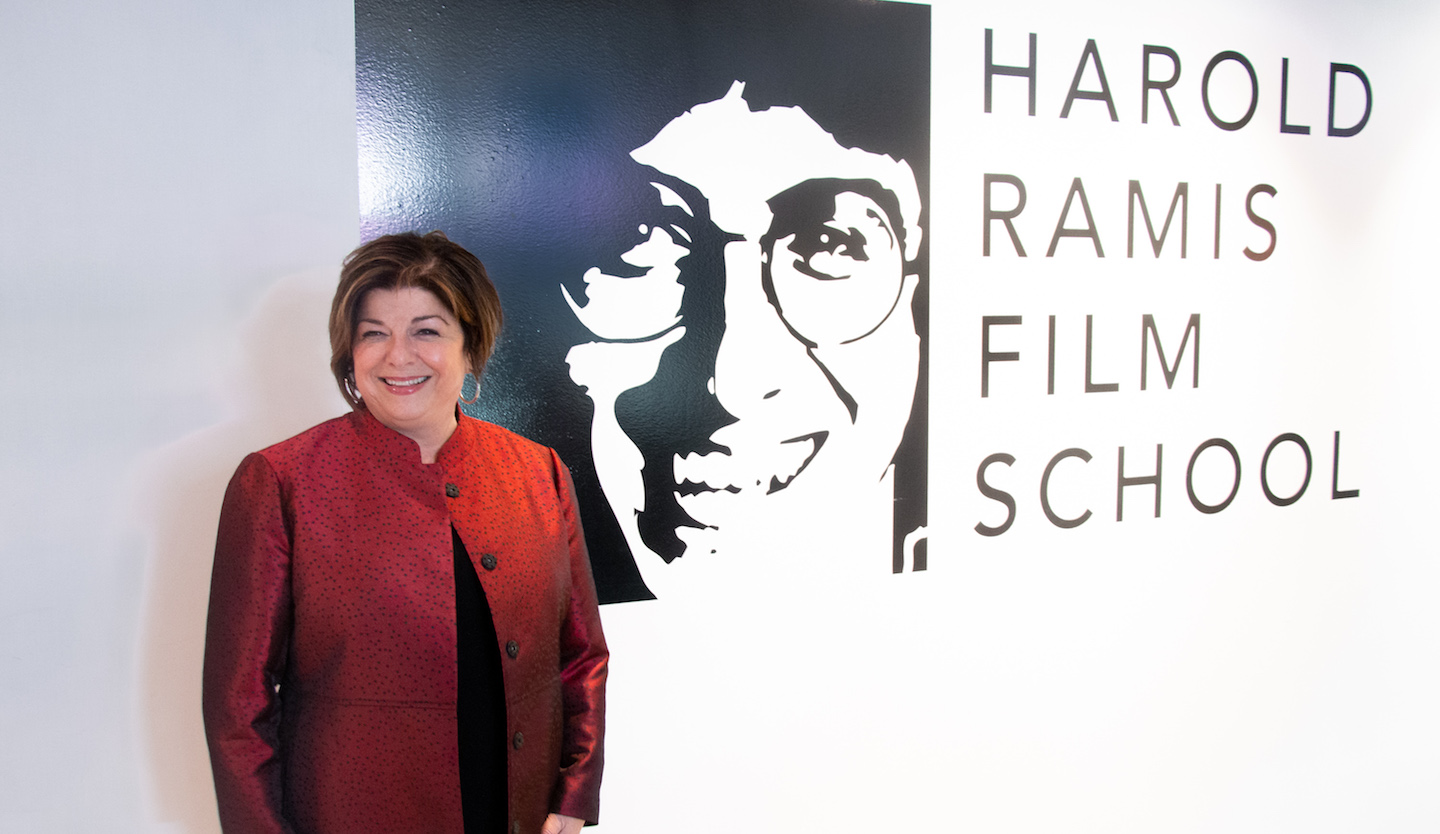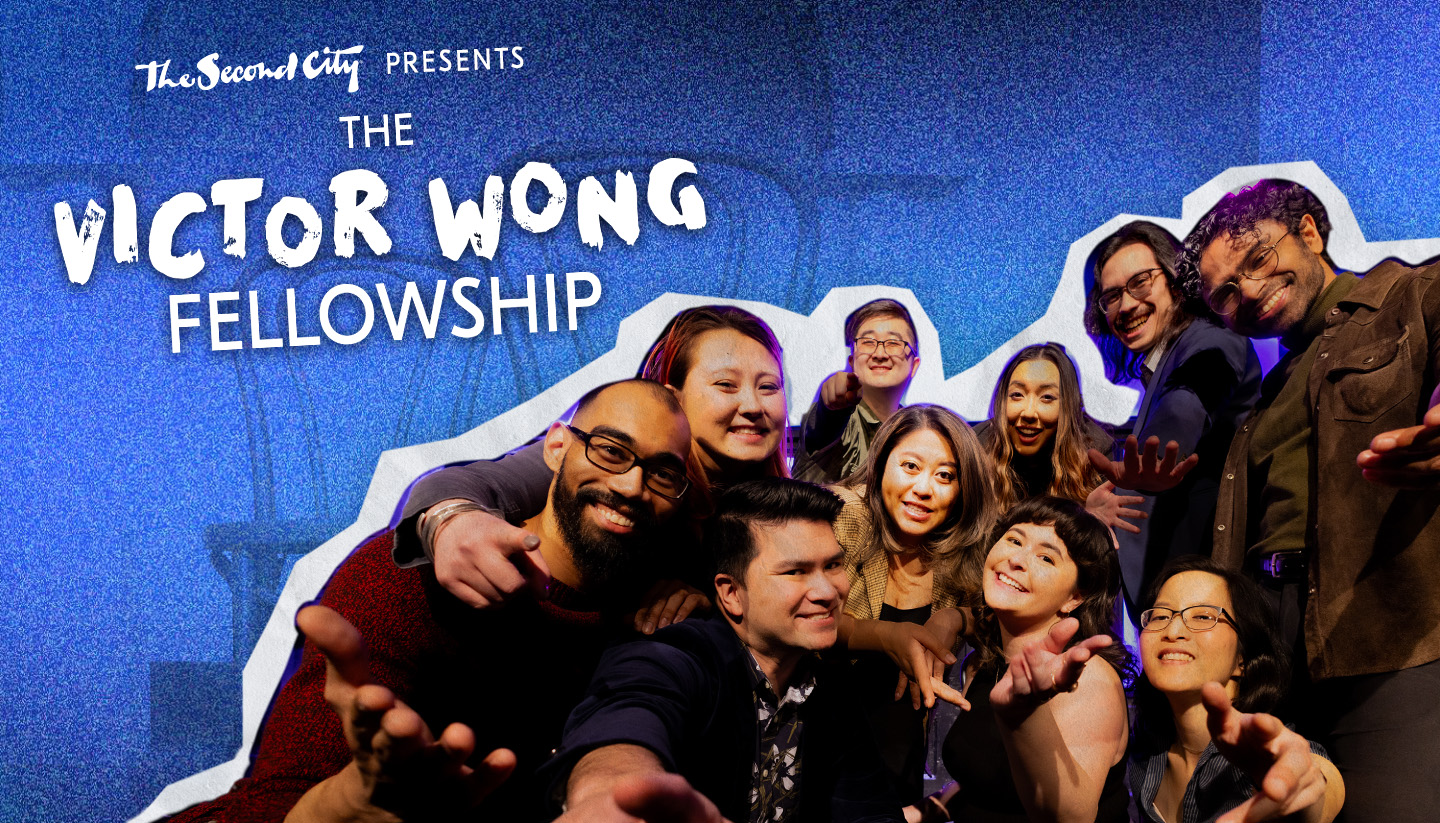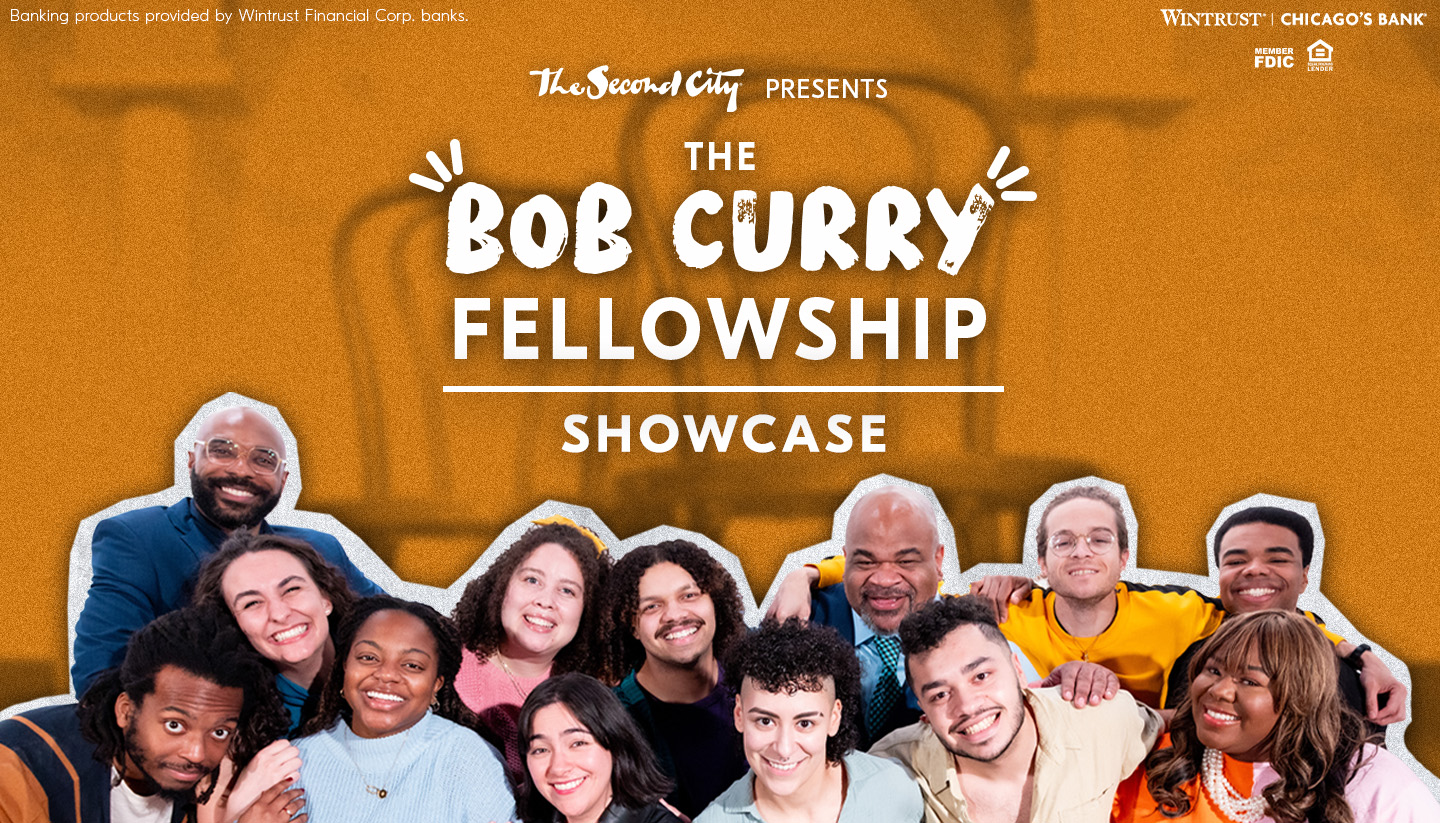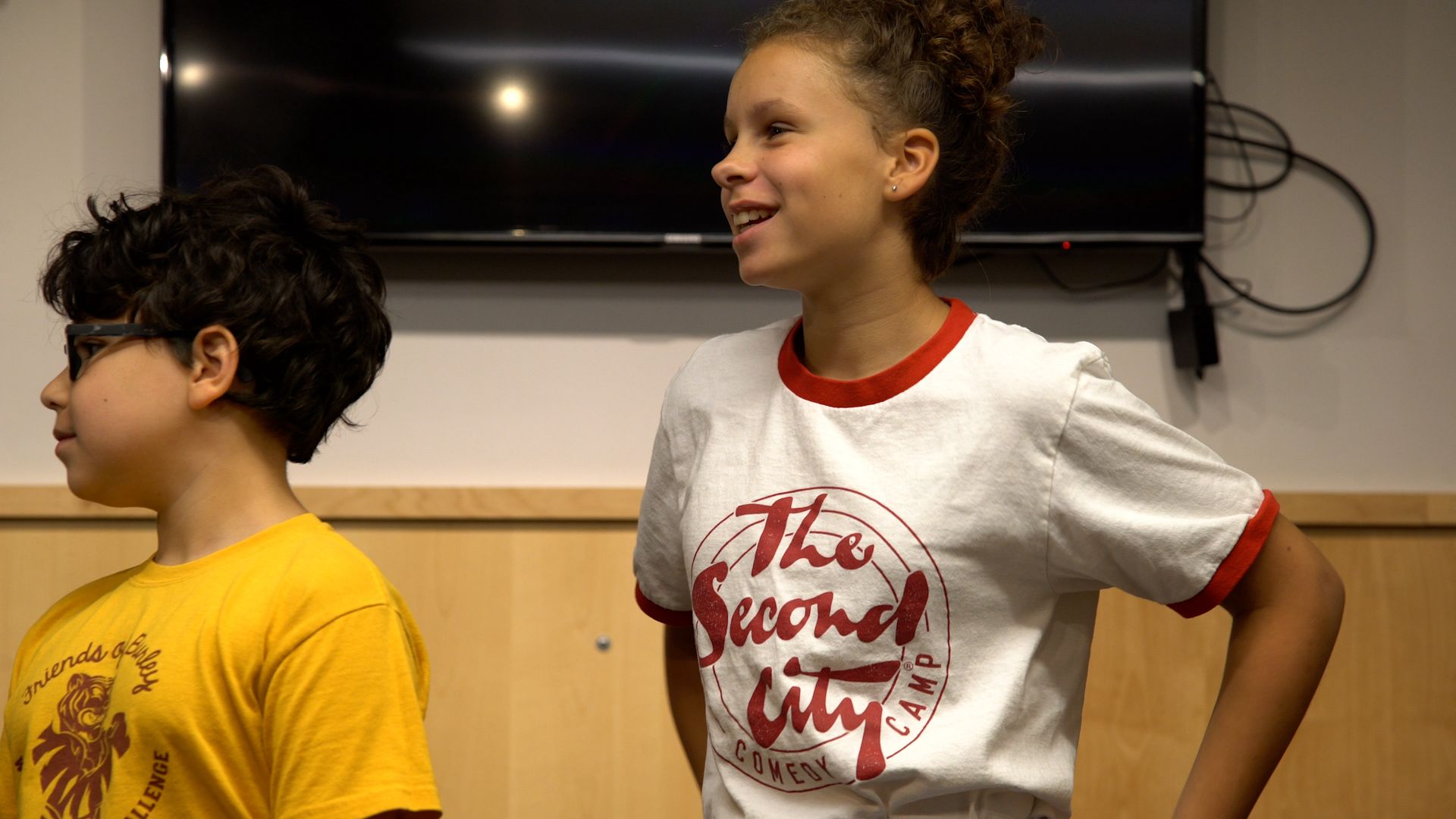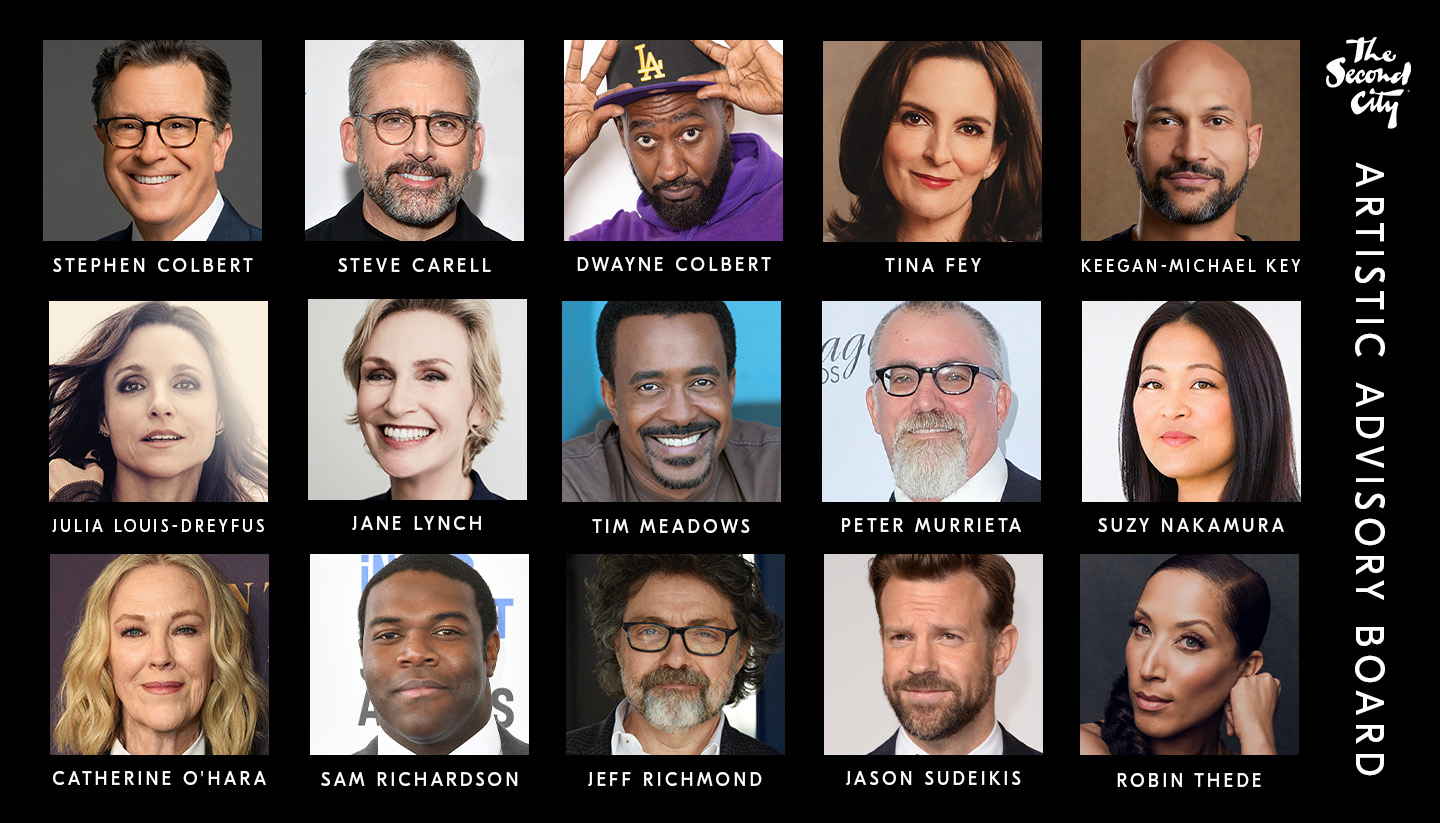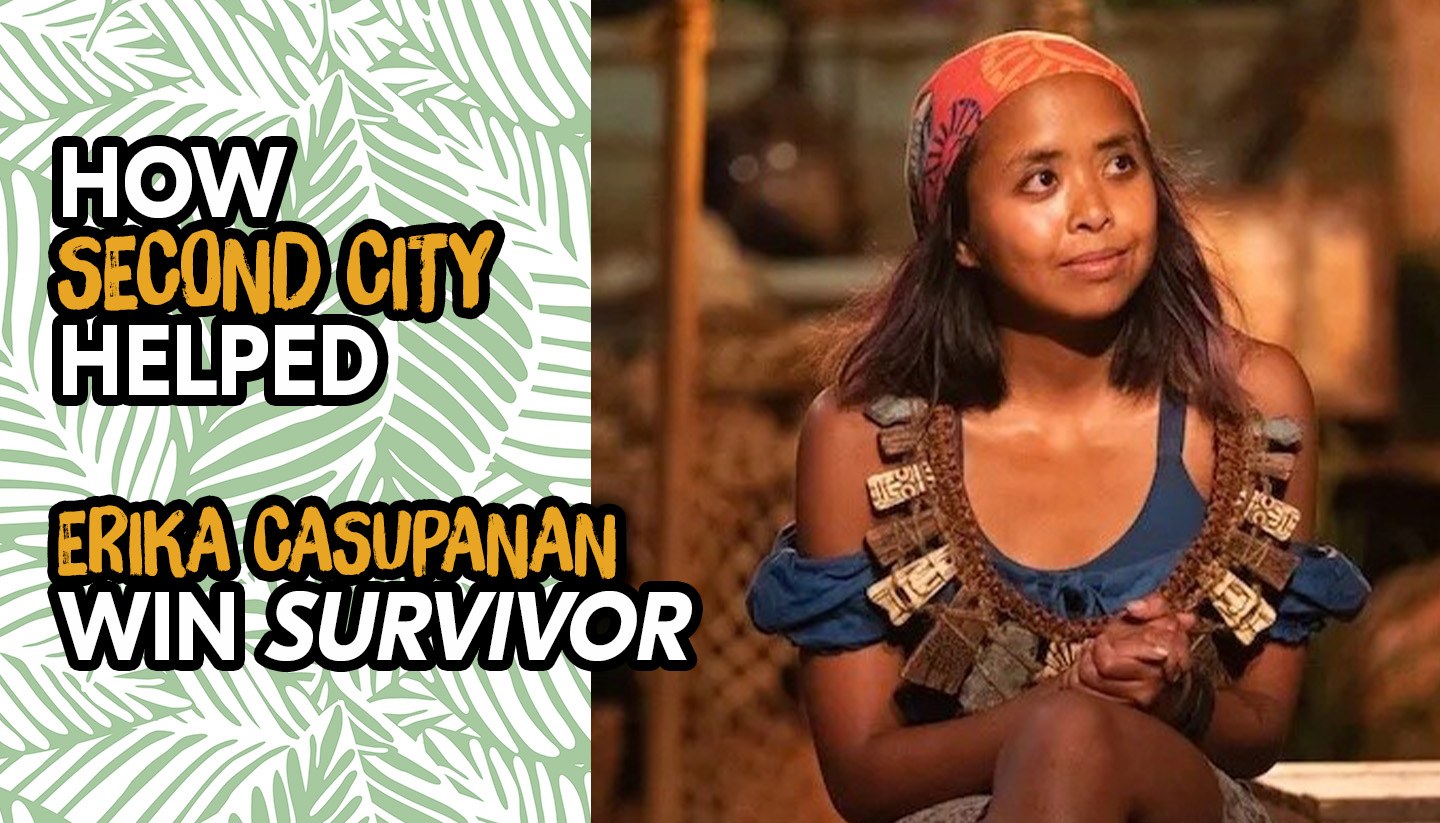Susan Cartsonis always had a passion for films–even those she’d never seen. During a recent visit to the Harold Ramis Film School, the prolific producer (The Duff, No Reservations) shared invaluable industry advice with students and HRFS chair Trevor Albert.
Imagining Psycho
As a child, her father would describe scenes from classic movies like Psycho that she wasn’t old enough to watch. Those descriptions “got under her skin,” and Cartsonis spent her days picturing what they might look like on the big screen. She entertained her family at the dinner table with impressions of Hollywood stars and loved improvising bits to make her younger siblings laugh. It was this passion for visuals and storytelling that led Cartsonis to realize that the film industry was where she belonged.
After a short time at Arizona State University, Cartsonis transferred to UCLA to pursue a BA in theatre. Though her parents begged her to consider a plan B and get her teaching certificate, she refused. Cartsonis accepted that there was “no set path in the film industry” and decided to forge ahead with a MFA in dramatic writing from NYU. While in New York, she immersed herself in the arts, where she frequently “second–acted” Broadway plays (“I saw the second act of pretty much every play in the 80s”) and worked as an assistant at a talent agency. Cartsonis focused on making connections and making her voice known in meetings–or, as she puts it, “I started chiming in on meetings and no one told me to shut up, so I figured my opinion counted for something.”
Coverage counts
Cartsonis’ real break came after she interned at 20th Century Fox and wrote coverage for nine months. She emphasized the importance of writing coverage to HRFS students and pressed that coverage should not be influenced by the personal preferences of the person reading the script. Instead, the writer of the coverage needs to be considerate of whether a project fits the interests of the studio.
“[Students] should have a coverage portfolio even if they don’t have scripts from producers,” Cartsonis advised. “You can take scripts, books that you think have potential, and do a portfolio of coverage because it becomes a great calling card. It shows you are a great writer and demonstrates great creative analysis skills.”
In fact, it was her great coverage work that jumpstarted Cartsonis’ career. Scott Rudin was so impressed with her ability to go above and beyond her job description that he offered her a job as his assistant. Though many would instantly accept this offer, Cartsonis made what might have been one of the most important decisions of her career:she turned it down. Instead, she negotiated with Rudin and got a position as a creative executive at 20th Century Fox.
Reflecting values
After spending ten years working as a studio executive, Cartsonis became a producer and had her first box office hit with the 2000 film Where The Heart Is. Two years later, she produced What Women Want, which remains the second highest grossing romantic comedy of all time.
Cartsonis tends to gravitate towards female-centric films and continues to advocate for more diversity and inclusion on her sets. She thinks it’s important for filmmakers to be aware of their values and push to reflect those values in the films they make. Her own films tend to reflect themes of finding a sense of home, looking beneath the surface, and cultivating self-respect.
The golden rules of producing
On the more logistical side of things, Cartsonis believes the number one rule of producing is controlling your material. “Do not show anything to anyone unless you have the rights to the material.” Controlling material protects one’s plans for future projects from being corrupted or swiped by someone else, giving one the best chance of seeing their vision to fruition.
She gave more practical advice to students in the question and answer portion of the day and made note of the importance of writing a personal bio and proper pitching. Cartsonis encouraged students to write a personal bio that is both true and memorable, as it will help people understand why “you’re the right person to tell this story” when pitching. She reminded students that working on a film means working for a film. It’s essential not to arrive on set “with your dukes up–instead, listen to everyone.”
Beyond her excellent advice, Cartsonis provided students with perspective on the importance of filmmaking. The producer’s passion for film is rooted in a belief that film is more than a medium of entertainment, but a representation of our common humanity.
“Our media goes everywhere in the world. Our media represents who we are and us as a country,” she explained. “Our media is a form of communication, it is a form of diplomacy, and it doesn’t pay attention to barriers.
Helene Griffin is a member of the HRFS Violet Cohort. She previously studied Creative Writing at Denison University and is passionate about screenwriting, Harry Styles, and her opinion that Nate from The Devil Wears Prada is the worst.
Photo by Timothy M. Schmidt

 Shows & Tickets
Shows & Tickets  Chicago Venue Info
Chicago Venue Info  Classes & Education
Classes & Education  Second City Works
Second City Works  Second City Network
Second City Network  Our Legacy
Our Legacy 




